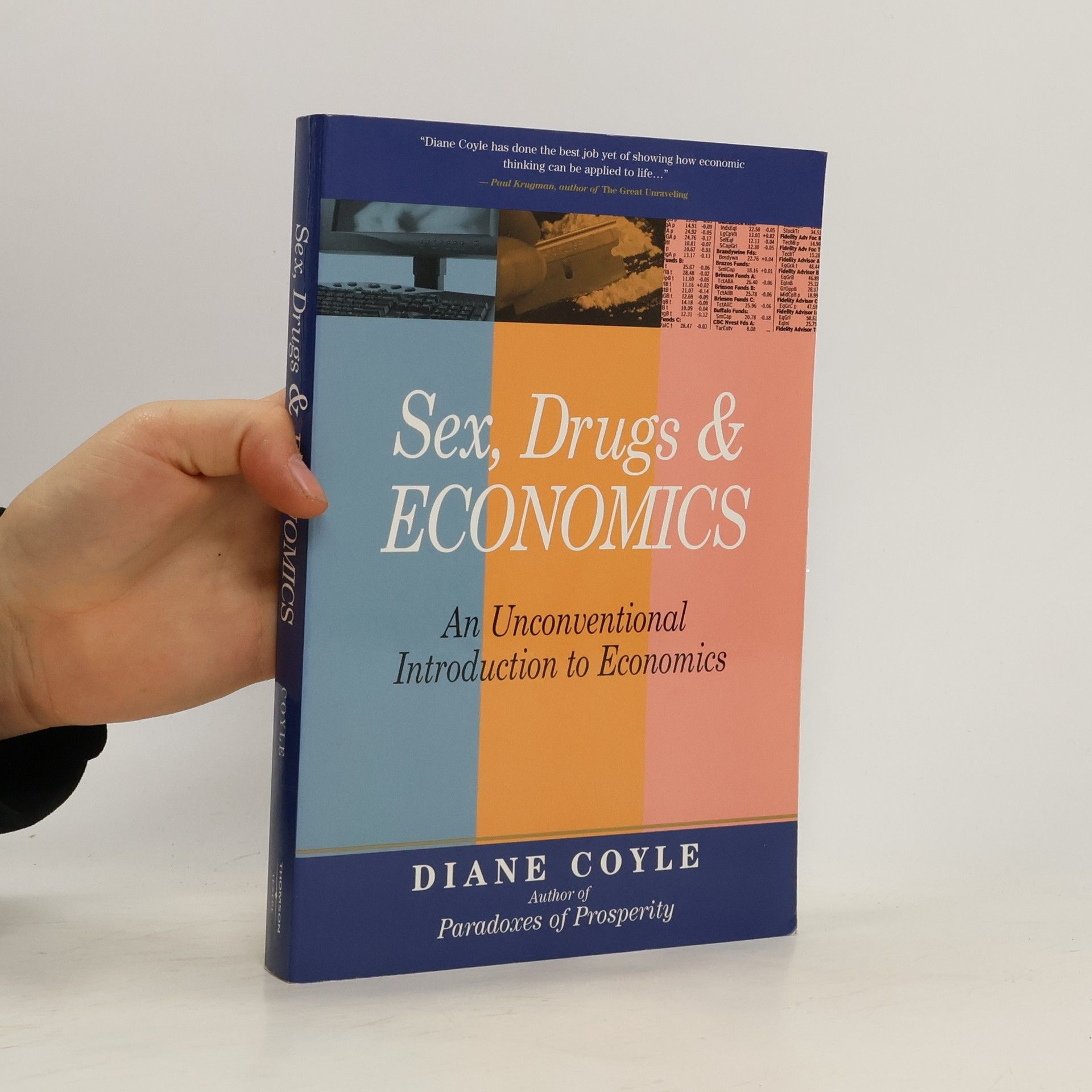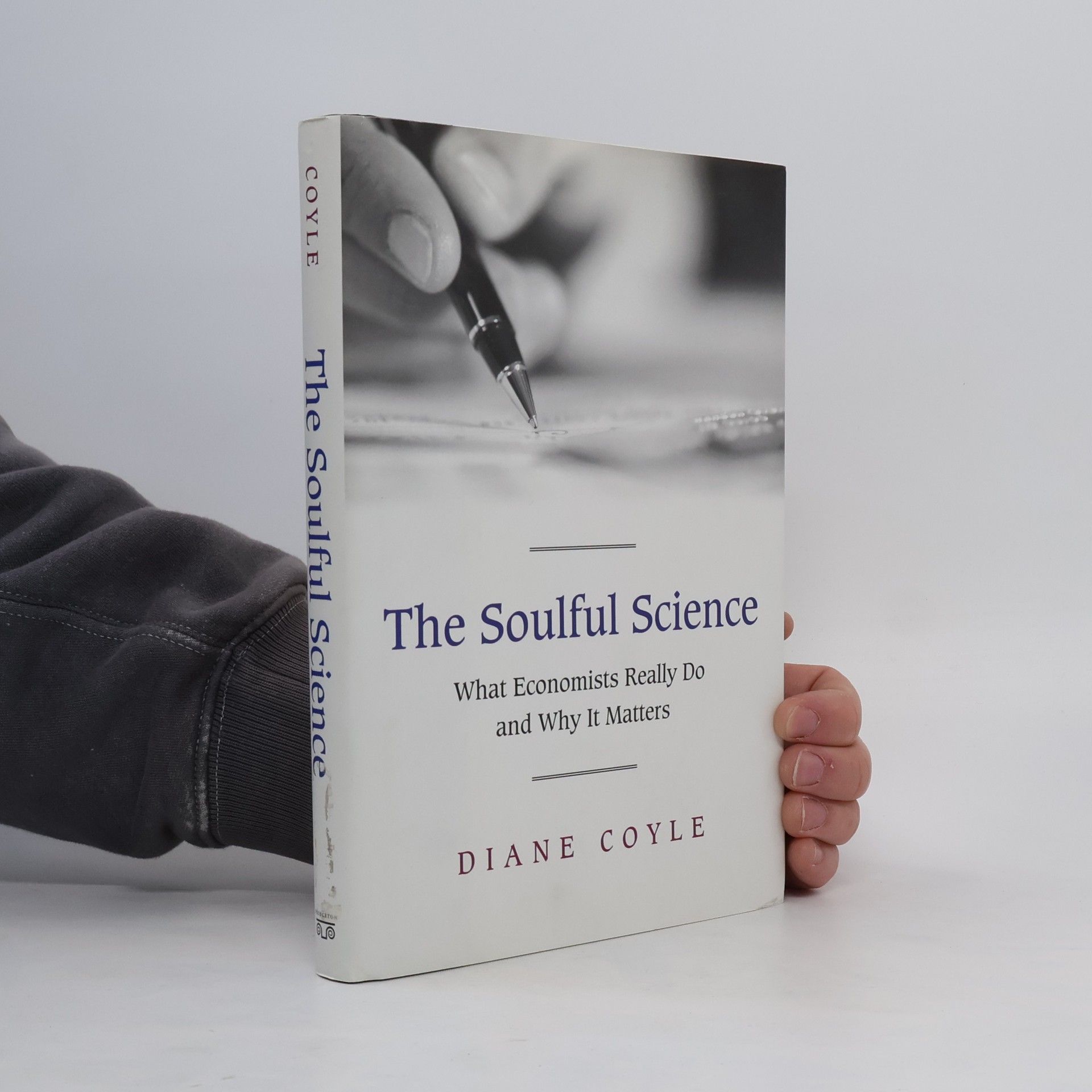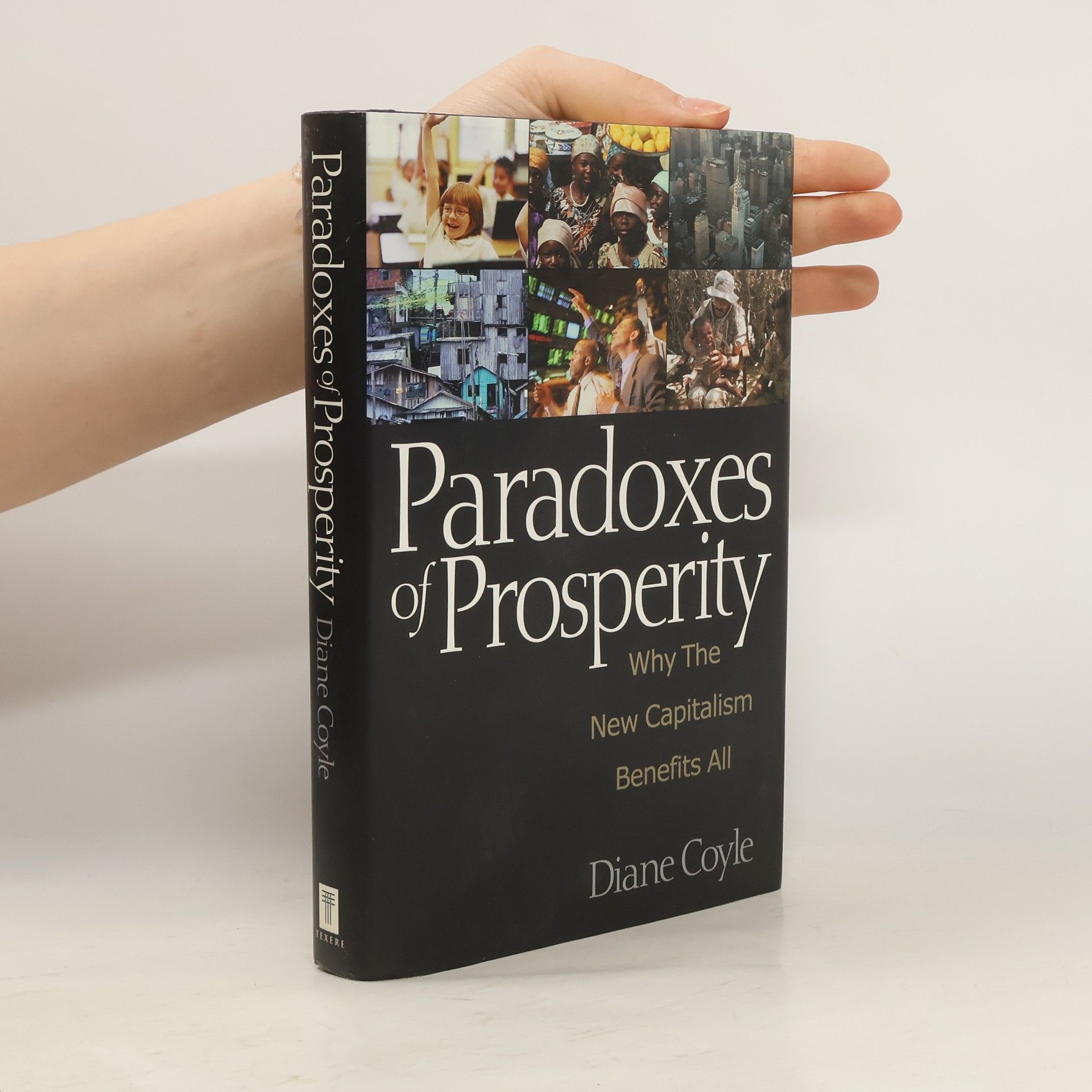Focusing on the interplay between markets, government, and society, this textbook explores how decisions regarding the use and allocation of economic resources are made. It critiques traditional public policy approaches that prioritize macroeconomic policies and fiscal strategies, emphasizing instead the significance of governmental institutions in fostering growth and societal progress. Through this lens, the book offers insights into the complex dynamics that shape economic decision-making within various social contexts.
Diane Coyle Boeken
Diane Coyle is een vooraanstaande stem in het begrijpen van de complexiteit van de moderne economie, met een focus op de cruciale rol van data en informatie bij beleidsbeslissingen. Haar werk onderzoekt de diepgaande impact van globalisering en technologische verschuivingen op onze economieën. Ze verdiept zich in de geschiedenis en implicaties van belangrijke economische indicatoren en biedt kritische inzichten in hoe we economische vooruitgang meten. Haar onderzoek biedt essentiële perspectieven voor het navigeren door de uitdagingen van de economie van de 21e eeuw.






This work examines both the need for worldwide change and the folly of those who link that capitalism and globalization is anything but increasing property in both urban neighbourhoods and in developing countries
"To many, Thomas Carlyle's put-down of economics as "the dismal science" is as fitting now as it was 150 years ago, but Diane Coyle argues that economics today is more soulful than dismal, a more practical and human science than ever before. In contrast to Freakonomics, which applied economics to unlikely or even eccentric subjects such as baby names and drug gangs, The Soulful Science describes the remarkable creative renaissance in how economics is addressing the most fundamental questions - and how it is starting to help solve problems such as poverty and global warming. A lively and entertaining tour of the most exciting new economic thinking about big-picture problems, The Soulful Science uncovers the hidden humanization of economics over the past two decades "--
The digital economy, driven by technology, big data, and AI, is transforming both the tools of economics and the phenomena it seeks to analyze. Diane Coyle addresses the significant challenges and opportunities facing economics today, emphasizing its role in helping policymakers tackle global crises such as pandemic recovery, inequality, slow growth, and climate change. She critiques mainstream economics for viewing individuals as "cogs"—self-interested agents in structured environments—while the digital landscape is more accurately described by "monsters"—unpredictable, socially influenced entities. This outdated perspective limits economics' ability to address contemporary issues. Coyle questions the validity of economic individualism in the digital age, the need for new metrics of growth and progress, and the objectivity of economics, given its influence on analysis. Additionally, she highlights the urgent need for greater diversity and inclusion within the discipline to foster innovative solutions. With original insights, the work outlines a roadmap for economics to adapt to societal changes and harness its potential for positive impact in the twenty-first century.
Sex, Drugs, & Economics
An Unconventional Introduction to Economics
A refreshing look at economics with topics ranging from sex, drugs, arms and music to energy, movies and farming, the Internet and Aids, Diane Coyle plunges herself and the reader into some of the world’s most contentious political and social issues. Diane Coyle shows how economic principles apply to headline issues in an entertaining, humane and highly intelligent way. Harvard-educated Coyle is an economist and award-winning writer specializing in business, technology and global economics.
Outdated economic metrics from the 1940s fail to address today's digital economy, distorting policymakers' understanding and responses. Diane Coyle highlights the importance of accurate economic statistics in shaping effective policies that impact people's lives. She argues that current challenges, including stagnant living standards despite technological innovation, necessitate a new framework for data collection and analysis. Coyle suggests that revising our approach to economic measurement is essential for fostering equitable growth and navigating contemporary political and economic landscapes.